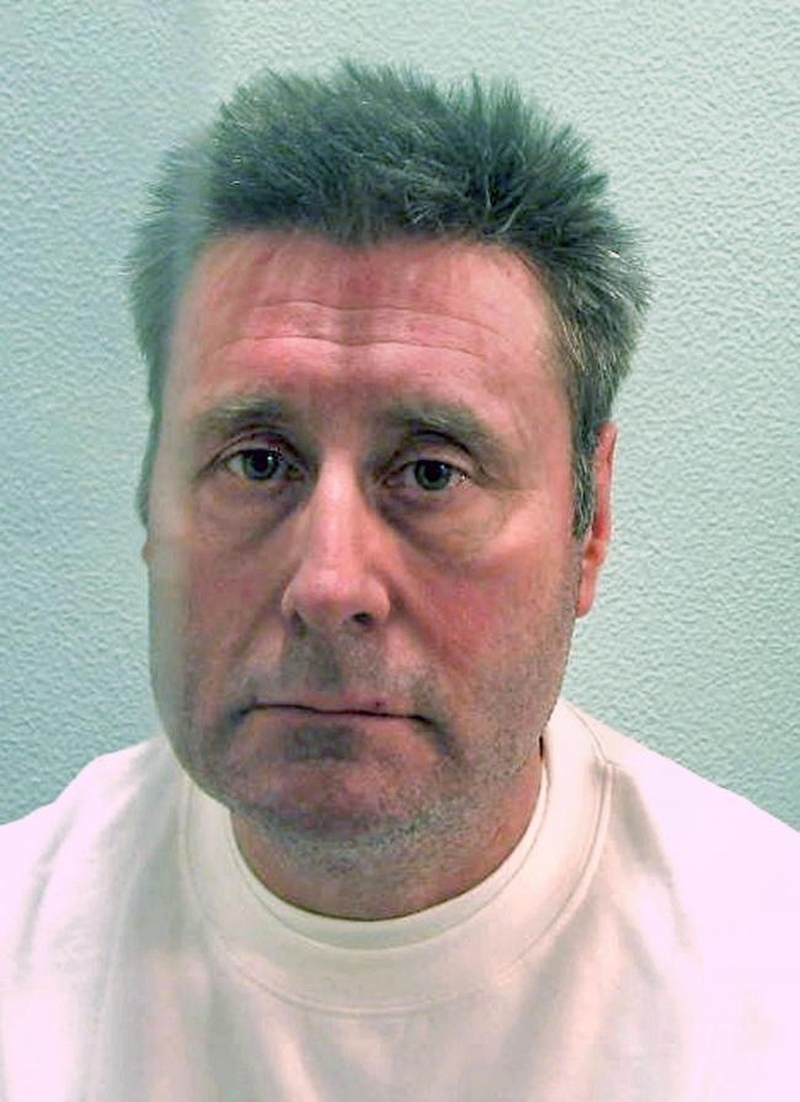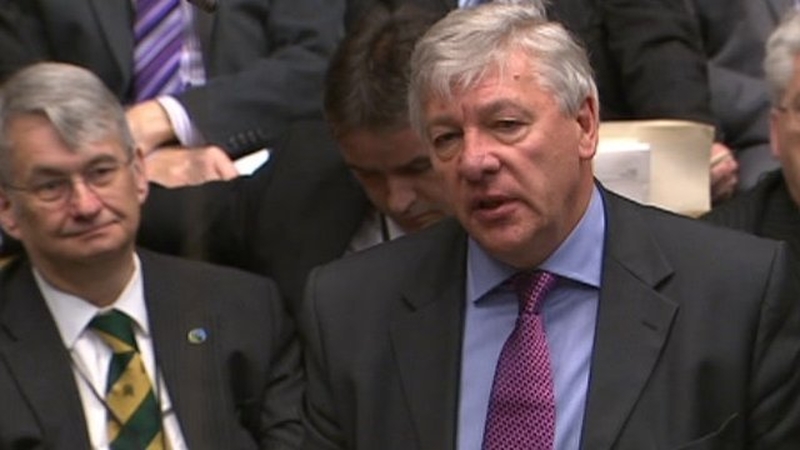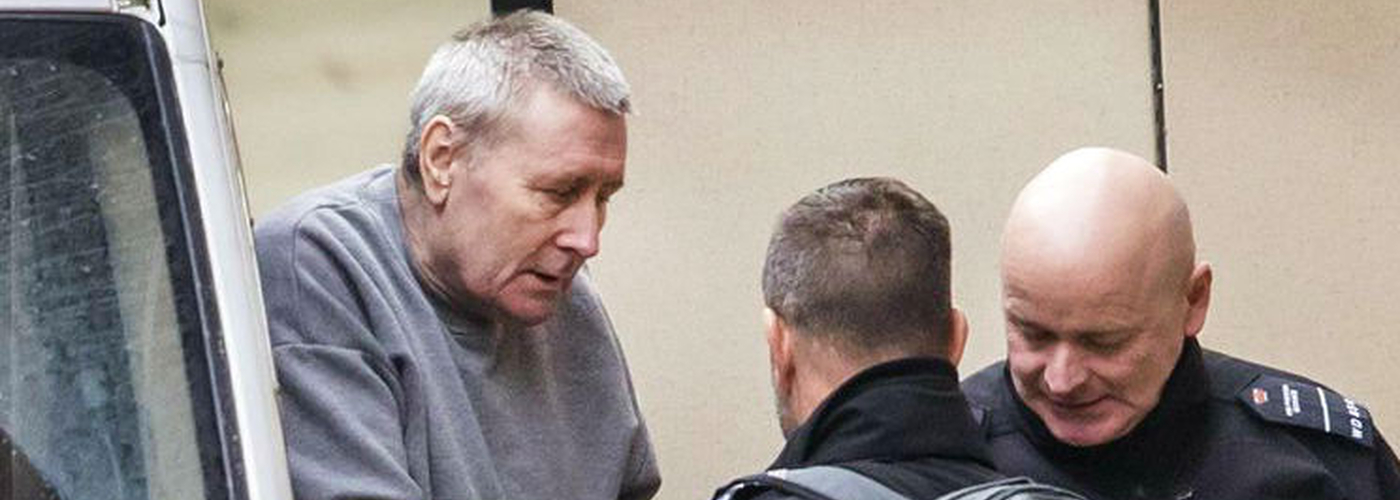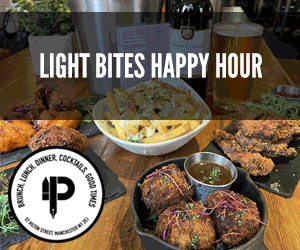Although John Worboys has been denied parole, many violent criminals are released - Manchester MP Graham Stringer asks why
When the High Court overturned the Parole Board’s decision to release the convicted rapist John Worboys, they might have achieved more than just rectifying an appalling decision. A bright light has been focused onto one of the darkest corners of the criminal justice system.
The Worboys case is just one of the 25,000 Parole Board hearings that take place every year: almost every one of these cases involved violent and horrible offences, with the victims’ lives inevitably changed forever.
The judicial review by the High Court found the Parole Board to be less than competent in deciding to release Worboys. It had failed even to study the judge’s sentencings report from the original trial and had not properly probed or challenged Worboys account.
The Justice Minister David Gauke was too cowardly to overturn his officials’ recommendation
Yet the timeserving quangocrats felt that they had done enough to ensure that society would be safe from this serial rapist: their mistaken belief that they couldn’t consider a substantial body of evidence that suggests Worboys had committed up to 100 more offences just underlines the unfitness of both the individuals and the administrative structure.
It was only the bravery of two of the victims, supported by the mayor of London, which has kept Worboys behind bars. Their horror and fear of Worboys being on the loose led to the judicial review.
The Justice Minister David Gauke was too cowardly to overturn his officials’ recommendation - not to challenge the independence of the Parole Board in the courts.

The whole system is biased in favour of the criminal and against the victims. At the Parole Board hearing, Worboys would have had the right to make his own case and to be represented and supported by his solicitor, an offender manager and a prison psychologist.
Yet any victim would be restricted to reading out a ‘Victim Personal Statement,’ which only concerns the impact of the crime on the victim and their family, and whether the victim wants any conditions attached to the release. There is no opportunity to challenge any false or misleading statements by Worboys.
...she could not abide the thought of accidentally coming across one of her child’s murderers
This is an obvious glaring imbalance which is opaque to the public. The Board does not have to give reasons for its decisions. We know that the claim by ministers and the Parole Board that there are sound rehabilitation and public protection reasons for allowing the release of rapists and murderers can be taken with a shovelful of salt. One in seven men charged with murder are out on licence and under the supervision of probation service, having previously been convicted of the same offence. Over a two-year period, over 100 men were found guilty of rape while on probation.
I have personal experience of the incompetence of the Parole Board when representing Mrs Dunbar, the mother of Suzanne Capper, who was brutally murdered in Manchester in December 1992.
Mrs Dunbar had two main concerns when one of the convicted murders of her daughter was scheduled for a Parole Board hearing; in principle she believed that ‘life’ should mean ‘life’ and she could not abide the thought of accidentally coming across one of her child’s murderers. She was not treated well – dates of hearings were not communicated and her limited rights added to the pain of someone who had already suffered terribly.

The Parole Board not only fails to fulfil its responsibilities, its task is impossible: it does not have a window into criminals’ hearts. There is no way that the Parole Board or anyone else can make a rational objective assessment of the likelihood of reoffending and risk to the public. This begs the question why a so-called independent board should have a final say on whether convicted murderers and rapists should be released into the community.
When the sentence for hanging for murder was abolished in 1965, Parliament was promised that murderers would only be set free under licence with the agreement of the Home Secretary. This meant that an elected MP responsible to the House of Common could not only assess the risk of offending but also the public’s view. This was changed in 2002 by a landmark decision by the European Court of Human Rights, which prohibited ministers from overruling the Parole Board and therefore broke the covenant between Parliament and the electorate when it abolished hanging.
It is unlikely that politicians will be given the right to involve themselves in the decision to release prisoners again. The logical conclusion is not to release violent offenders early but to implement in full the original court judgement: it has, after all, heard all the evidence. Not releasing convicted rapists, murders and other violent criminals would reduce violent crime in a stroke.

Graham Stringer:
Graham Stringer (pictured above) is a regular columnist for Manchester Confidential and the Labour Member of Parliament for Blackley and Broughton. In the 2017 General Election he gained 28,258 votes - a share of 70.4%. He was elected to Parliament in 1997 for the now abolished constituency of Manchester Blackley. Prior to this he was the Leader of Manchester City Council from 1984-1996. He is one of the few MPs to have scientific experience, as a professional analytical chemist.














